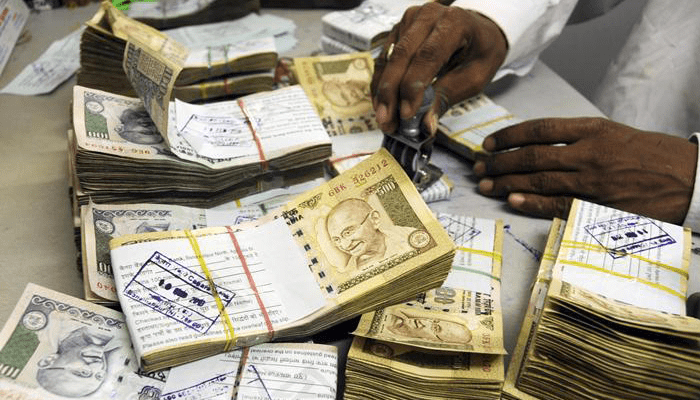Indian Banned Currency: Rs. 500, Rs. 1,000 Notes Can Now Be Exchanged Only At RBI Counters However, the exchange will be permitted at Reserve Bank counters subject to the limit of up to Rs. 2,000 per person.
“The Reserve Bank of India advises members of the public that exchange of banknotes in Rs. 500 and Rs. 1000 denominations, whose legal tender status has been withdrawn, will continue to be available at the counters of the Reserve Bank upto the current limits per person as hitherto. (However, such exchange facility is no longer available at other banks counters),” the central bank said in a statement.
Stopping the exchange of banned notes at banks, the government said that the exchange of old currency notes 500 and 1000 denominations “has shown a declining trend.”
“It has further been felt that people may be encouraged and facilitated to deposit their old Rs. 500 and Rs. 1000 notes in their bank accounts. This will encourage people who are still unbanked, to open new bank accounts,” the government said in a statement.
The government also extended exemptions in the use of old currency notes till December 15, with certain additions and modifications. However, payments for the transactions under all the exempted categories will now be accepted only through old 500 notes.
This means that the exemption granted for use of old 500 notes at petrol pumps, government hospitals and public utilities will continue till December 15. So also for the purchase of LPG gas cylinders, buying of train tickets at railway counters, plane tickets at airport tickets and bus tickets at counters of government or public sector undertakings.
Here are some of the other changes:
The government has extended toll waiver on highways till December 2. From December 3 to December 15, payment at toll plazas can be made through old 500 currency notes. Payment of school fees up to Rs. 2,000 per student in central government, state government, municipality and local body schools can be made through old 500 notes. Payment of fees in central or state government colleges can also be made through old 500 notes.
Payments towards pre-paid mobile top-up up to a limit of 500 per top-up can be made via old 500 notes while purchase from consumer cooperative stores will be limited to Rs. 5000 at a time.
Payment of current and arrear dues to utilities will be limited to only water and electricity. This facility will continue to be available only for individuals and households. Foreign citizens will be permitted to exchange foreign currency up to Rs. 5000 per week.



